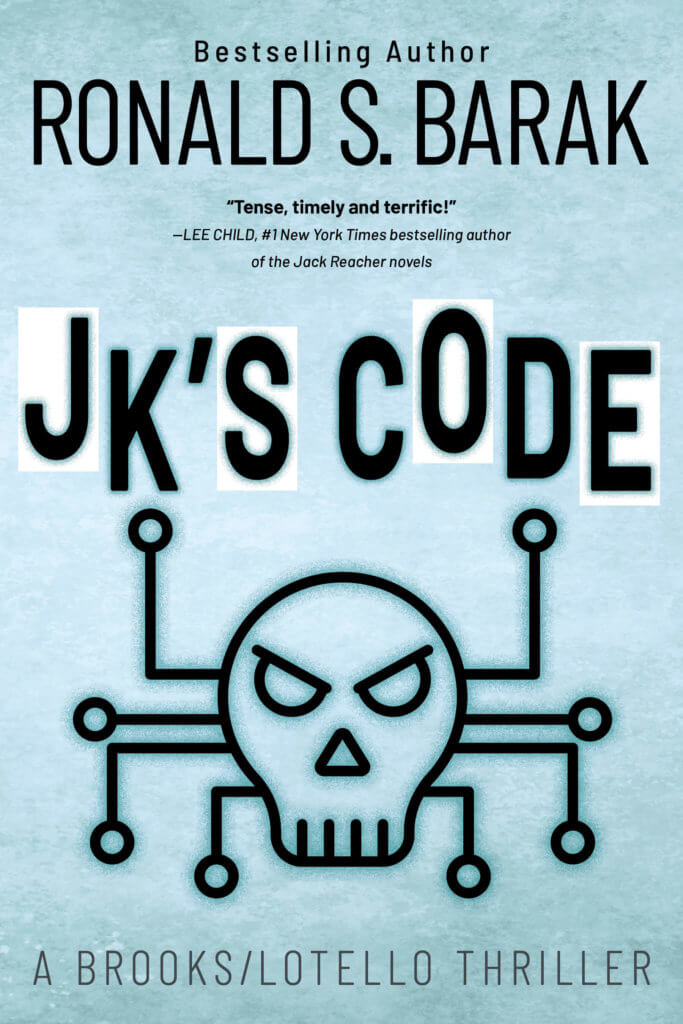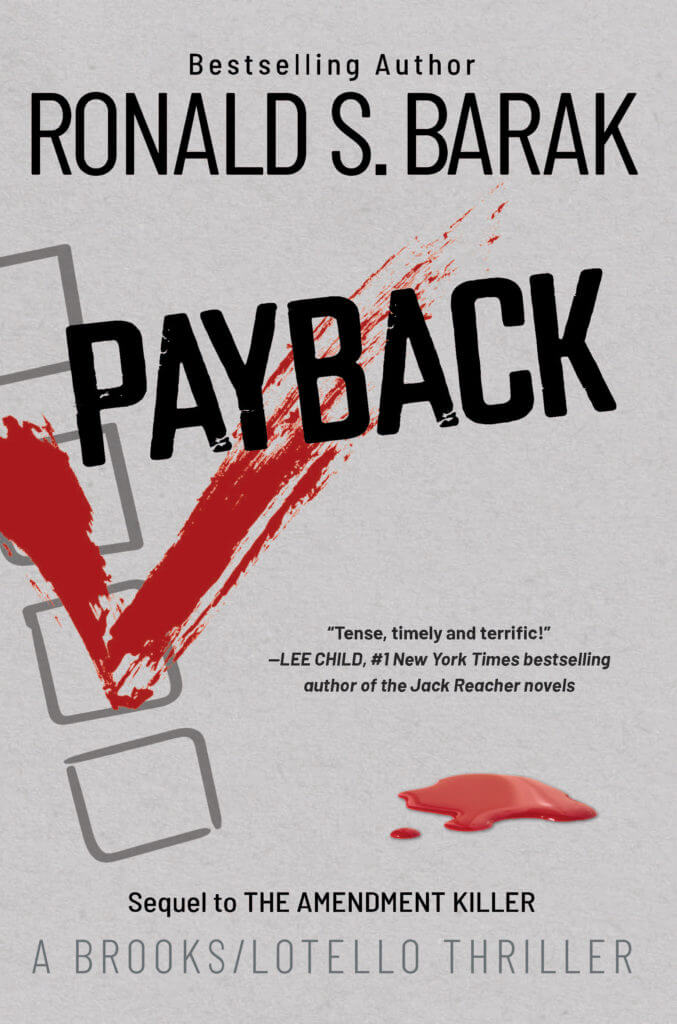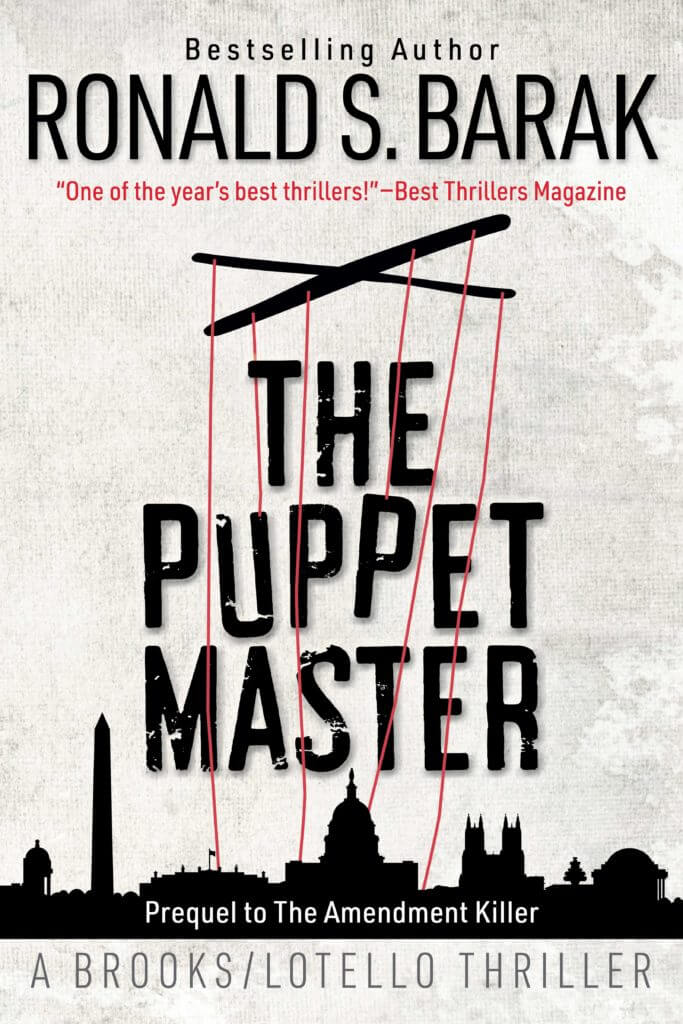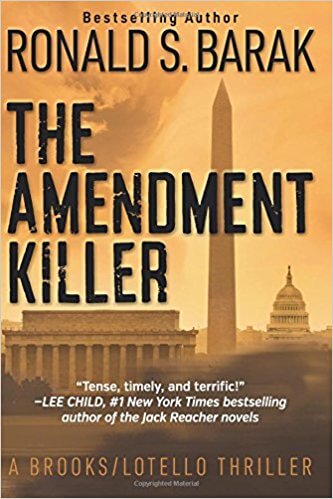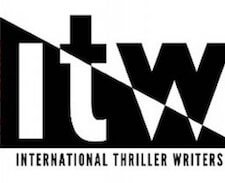 You remember what RICO did to Big Tobacco, right? No, not your cousin, Rico. I didn’t say Rico, I said RICO, the Racketeer Influenced and Corrupt Organizations Act. That RICO.
You remember what RICO did to Big Tobacco, right? No, not your cousin, Rico. I didn’t say Rico, I said RICO, the Racketeer Influenced and Corrupt Organizations Act. That RICO.
In 1999, the U.S. Justice Department filed a civil RICO lawsuit against the major tobacco companies and their associated industry groups, claiming that the companies “engaged in and executed — and continue to engage in and execute — a massive 50-year scheme to defraud the public, including consumers of cigarettes, in violation of RICO.” The government accused Big Tobacco of engaging in a “racketeering enterprise” consisting of (1) paying scientists to produce studies defending their product, (2) developing an intricate web of PR experts and front groups to spread doubt about the real science—as they know it to be—and then (3) relentlessly attack your opponents and beat them into the ground.
Tobacco spent millions of dollars and years of litigation fighting the government. But finally, through the pre-trial discovery process, government lawyers were able to peel back the layers of deceit and denial and see what the tobacco companies really knew all along about cigarettes.
In 2006, U.S. District Court Judge Gladys Kessler ruled, in a more than 1,600 page opinion (a juicy novel is between 250 and 500 pages), that Big Tobacco’s fraudulent campaign amounted to a racketeering enterprise: “Defendants coordinated significant aspects of their public relations, scientific, legal, and marketing activity in furtherance of a shared objective to . . . maximize industry profits by preserving and expanding the market for cigarettes through a scheme to deceive the public.”
Now, many regulators are comparing the activities of fossil fuel companies and their allies to Big Tobacco’s denial of the health dangers of smoking, claiming that they are funding a massive and sophisticated campaign to mislead the American people about the environmental harm caused by carbon pollution.
New York State Attorney General Eric Schneiderman recently issued a subpoena to ExxonMobil to produce “documents on what [it] knew about climate change and what it told shareholders and the public.” The subpoena compelled ExxonMobil to hand over scientific research and communications about climate change dating back to 1977.
Schneiderman’s investigation is based on New York State’s consumer-protection and general-business laws, in particular the state’s Martin Act. That Act prohibits fraud or misrepresentation in the sale of securities and commodities, and gives the Attorney General extraordinary power to fight financial fraud.
While ExxonMobil arguably had no duty to share with the public the information it gathered about climate change starting almost forty years ago, it was forbidden to deceive shareholders and potential buyers of its shares. Earlier this fall, the Los Angeles Times reported that ExxonMobil scientists warned executives about the potential environmental catastrophe from the use of fossil fuels, but that the company nevertheless deliberately spread doubt about that scientific view.
Under the Martin Act, the state must prove only “misrepresentation,” omission of a material fact or other conduct that deceives or misleads the public. It is not necessary to prove intent to defraud or that anyone was actually defrauded.
Enter once again your cousin, RICO. In the face of the climate control meetings in Paris last week, and the expected follow-on, Whitehouse representatives, members of Congress, and many others are now calling for a Justice Department RICO probe of ExxonMobil.
Even if such a measure ultimately succeeds against ExxonMobil, and perhaps against other big oil companies, if the tobacco saga is any indication, it is likely to be only the first battle in what likely will be a very long and protracted war.
Tobacco continues to be the number one cause of deaths in the U.S. today, amounting to some 480,000 deaths per year, including around 50,000 from secondhand smoke. Though tobacco’s effects are very costly to society, tobacco is primarily a curse for smokers, and those who live and work with them. But the influence of tobacco is on the decline and will hopefully, gradually die out.
In contrast, climate change is a threat to the entire planet and mankind as a whole, and that threat is annually growing worse. On the eve of the Paris climate summit, none other than Pope Francis warned that it would be “catastrophic” if world leaders allow special interest groups to get in the way of a global agreement to curb fossil emissions.
While the battle with oil is just getting underway, as the battle with tobacco may be winding down, tobacco only had to deal with Cousin RICO. It looks like oil is going to have to deal with both Cousin RICO and Uncle Francis. Maybe it’ll think twice. Probably not. Too much profit at stake. Every year it can delay. Even if it ultimately loses. Even if we all ultimately lose.
Join the discussion either by logging in just below or by signing into your favorite social media outlet. If you’re having trouble, please follow these instructions to guide you! Thanks!

